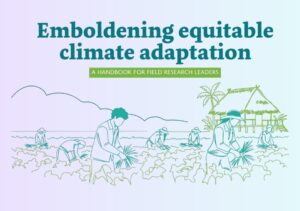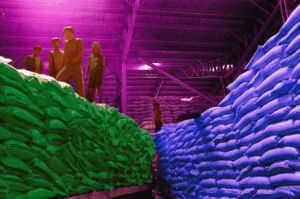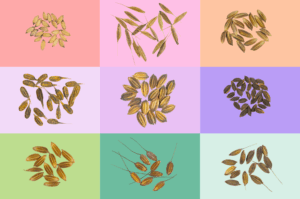
Thailand is ranked as the world’s fifth largest rice producer. So, rice production significantly contributes to the Thai economy. However, current rice cultivation may contribute to environmental problems. Key environmental impacts associated with rice farming may include the following:
- GHG emissions from flooded rice fields causing global warming
- Water pollution in the nearby water bodies attributable to overuse of fertilizers, herbicides, and pesticides
- Water scarcity for downstream users owing to high upstream water consumption for rice cultivation, and
- Soil degradation and air pollution when burning leftover rice straw and stubble.
These environmental impacts can be mitigated by improving the current farming practices (i.e. efficient use of water, fertilizers, pesticides, and straw) towards sustainable agricultural production. These environmental concerns have been overlooked and not yet properly addressed for decades due to a lack of technical knowledge and financial support. In this regard, the Thai Rice Nationally Appropriate Mitigation Action (NAMA), a project proposal being developed jointly by the Better Rice Initiative Asia (BRIA) and the Thai Rice Department for funding by the NAMA Facility, will seek to transform the existing rice farming into a climate-friendly rice production system.
Many measures to address these environmental impacts are being evaluated. Alternate wetting and drying, land leveling, smart crop nutrient management, and rice straw management are the
most feasible technologies discussed for implementation by the Thai Rice NAMA.
Selected technologies will be promoted to some 100,000 farmers in the six provinces of Chainat, Angthong, Patumthani, Singburi, Suphanburi, and Ayutthaya in the central plain of Thailand. By the end of the Thai Rice NAMA project in 2022, the project could potentially contribute to a reduction of GHG emissions of about 1.6 million tons of CO2eq. Moreover, the current situation of water pollution in the nearby watersheds, water scarcity for the downstream users, soil degradation, and human health effects from air pollution could be positively improved as co-benefits through the implementation of these selected technologies.
Read the full story: Better Rice Initiative Asia Monthly Update September 2017










